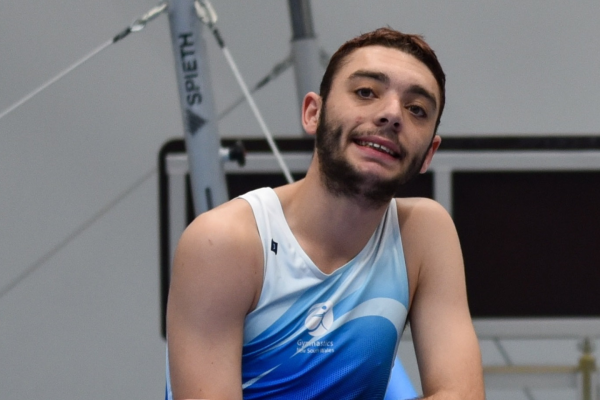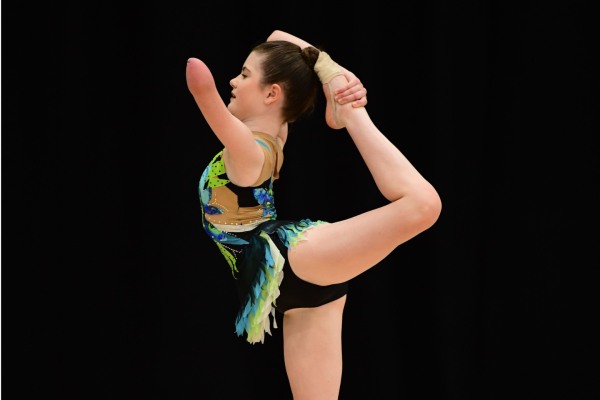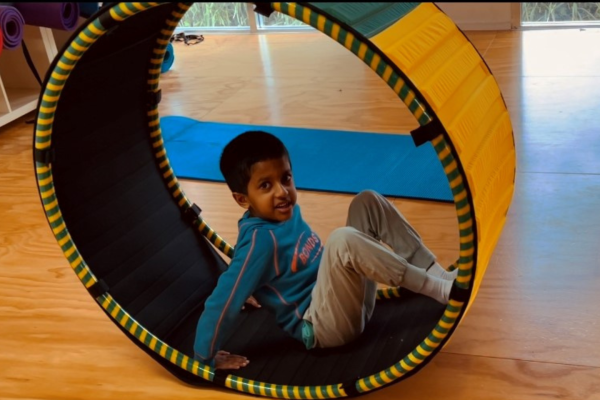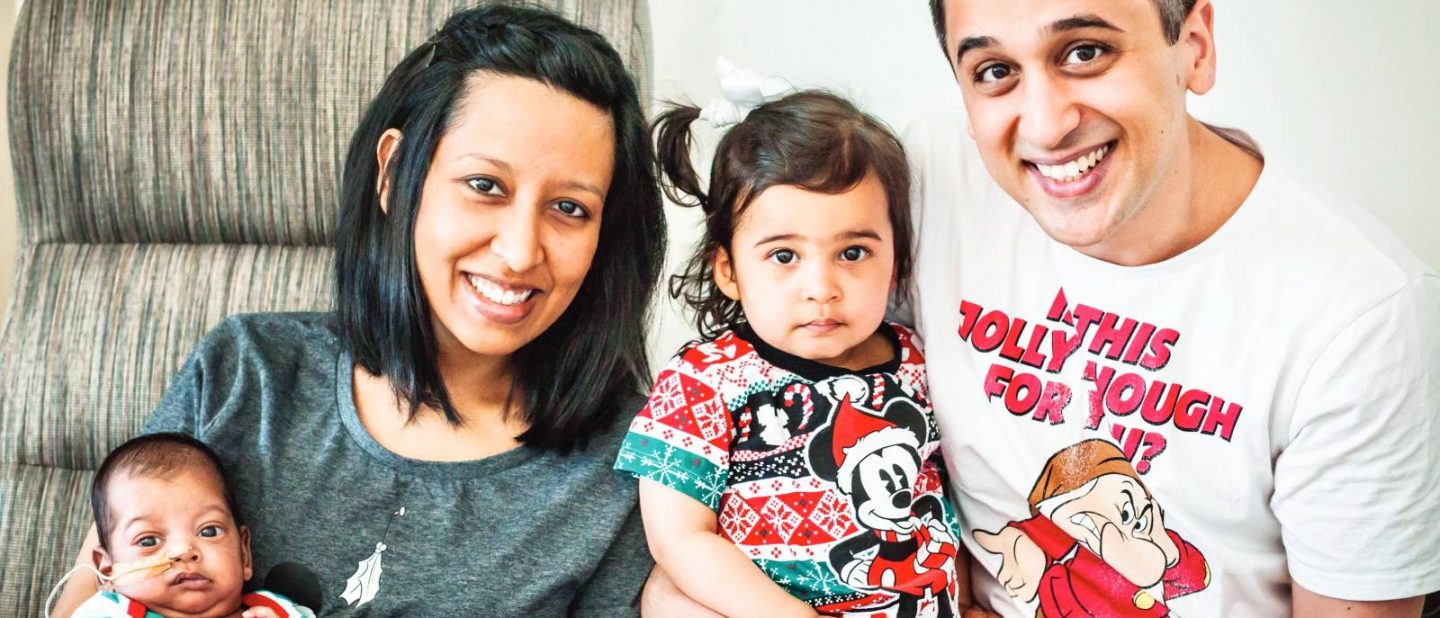
Parenting a child with an invisible disability
By Amrita Das
I am a parent of two children with invisible disabilities – or “invisabilities” as we lovingly like to call them in our family.
Since we started our journey over two years ago now, my goal has been to leave behind a world where kids are accepted for who they really are. But I have found that when I try to raise awareness about their diagnosis, I am usually met with comments such as “but he looks so normal” and “she will be perfectly fine”.
It leaves me wondering – what is normal? What is perfect?
Coming to terms with the children’s invisible disabilities has been inspiring but also isolating. The judgment we receive has often been harder to handle than the diagnoses themselves. And I know we’re not alone. I have talked to many other parents and carers who have had similar experiences, even with their closest family and friends.
Here are some of the ways I cope with the challenges we face:
CHANGE EXPECTATIONS
Strangers often become experts in disabilities when they learn your child has one. Everyone has an opinion on what a particular disability should look like.
When people see my little boy, they often say that he doesn’t look as bad as what I’ve apparently led them to believe, so he can’t possibly have cerebral palsy. Maybe they have a preconceived idea of what cerebral palsy should look like. Maybe they think someone who needs weekly therapy should not be able to walk or talk. Maybe they would feel the label only applies if he was using a walker or wheelchair.
When people see my little girl, they often say she is empathetic and making eye contact, so she can’t possibly have autism spectrum disorder. Maybe they don’t realise they are projecting stereotypes of autism onto her. Maybe they think if someone can cope in public then they have no hidden needs. Maybe they feel the label only applies if she was non-verbal or visibly stimming.
The reality is, there is a person behind that diagnosis and therefore there can be no expectations about how they express their invisibility. Instead of expecting my children to conform to some unspoken standard or label, I now focus on helping others adjust their views.
SEE STRENGTHS WHERE OTHERS SEE WEAKNESS
When you’re constantly told “everything is fine” and that “your child will be alright” it feels like there’s an assumption being made that my children’s lives cannot be “alright” if they have a diagnosed disability. That their lives will somehow be “less”. In reality, all their diagnosis really means is that they have different abilities and strengths – which, let’s face it, we all do.
By focusing on strengths, my husband and I have become more forgiving, understanding, vulnerable and aware. Are we not then better role models for our children who have already started realising they are “different” but aren’t afraid of it? Isn’t it amazing that my children are accepting because they are surrounded by true diversity every day? No matter what anyone says, we see all the benefits of their diagnosis and hope that our kids will grow up loving themselves.
ASK, AND ANSWER, MANY QUESTIONS
When we are ignored, that is when we feel at our most invisible. When we constantly have to prove our child has a disability, that is when we feel the most hurt.
You might see my son wearing his orthotics, struggling to step or jump or eat like all the kids around him. You might see my daughter covering her ears and crying at the shops, hiding her face in my lap or melting down. We know you see us because it’s hard to miss. Don’t be afraid to look, give us a sympathetic smile or even ask questions. But when you get an answer, please don’t start an endless argument, or dismiss us with laughter or silence. We don’t need advice, just trust.
We need this trust from medical professionals too.
Parental intuition can sometimes pick up subtle signs that only a mother, father or carer can see. Take my son for example. He had every risk factor for cerebral palsy – very low birth weight, maternal infection while pregnant, premature birth. When we almost lost him at 23 weeks, the first question we were asked was if we wanted to keep a child who was very likely to have cerebral palsy. Yet having him diagnosed turned out to be quite a battle. Multiple physiotherapists did assessments that finally confirmed he had cerebral palsy at 6 months. I wasn’t shocked; it was validating and we could finally get him the help he needed. Thanks to early diagnosis and intervention, he has made such progress.
I rave about early diagnosis and intervention to anyone who will listen because it’s changed my son’s life for the better. In contrast, being denied early intervention due to a lack of a diagnosed disorder has probably changed my daughter’s life for the worse because we couldn’t understand what was happening for so long.
REDEFINE NORMAL
There is no denying that the lead up to a diagnosis, and the day it is confirmed, is surreal and heartbreaking. At the start, I felt like I was drowning in uncertainty, therapies, funding, meetings, appointments, tests, surgery and trying to decide which child needed our attention the most.
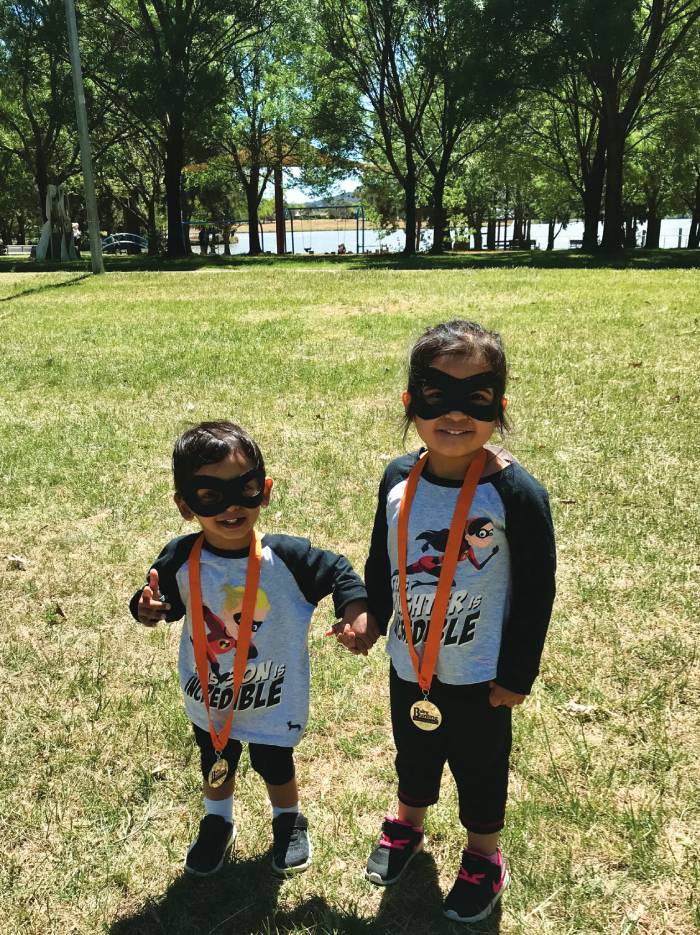

But now, I am growing to accept that this is just part of our life and that it is helping my children reach their goals.
STAND YOUR GROUND
Internalising an invisible disability can have a huge impact on your mental health. Being told you’re undeserving of help because you’re not visibly affected or visibly affected “enough” is difficult to deal with too.
Sometimes you may be accused of exaggerating, attention seeking or just being a terrible parent for unnecessarily labelling your child with a disability. Possibly the worst thing I’ve heard is that parents are lying to get their children diagnosed. I’m not sure what these people think a family gains by having a child with a disability. Yes, you might be lucky enough to get a little funding but that doesn’t cover anything but necessary therapy or equipment – and sometimes not even that.
Remember that you might see my kids once a day, week, month or year. What you see is never the full picture. Every invisability is unique. Simply ask questions and listen with an open heart.
Join us in celebrating invisabilities on our Instagram page @invis.abilities or Facebook page @invis.abilities.au




